Musk's AfD endorsement and the German elections Scandals, censorship, and the erosion of trust
Indeed, O tempora, O mores! ("Oh, the times, oh, the customs!"). How everything is changing before our eyes on the political stage of the European Union's leading countries. The issue goes beyond the governmental crises that have gripped Germany and France. It's about a departure from the long-established norms and rules that have traditionally shaped the speeches of heads of state, who continue to position themselves as the most advanced and present their decisions as models for the "jungles" that surround the flourishing “garden.”
What is this about at the beginning of the year, the respected reader may wonder? And they would be right, as so many blunders are made by this flourishing “garden” that one doesn't know what the issue is. So, let's clarify—we're referring to the New Year's address by the still-serving Chancellor of Germany, Olaf Scholz. As is well known, such annual speeches traditionally serve a programmatic function—acting as a sort of report on the past year and outlining plans for the year ahead. This is precisely the framework in which Azerbaijani President Ilham Aliyev typically speaks, as he did once again on December 31, 2024.
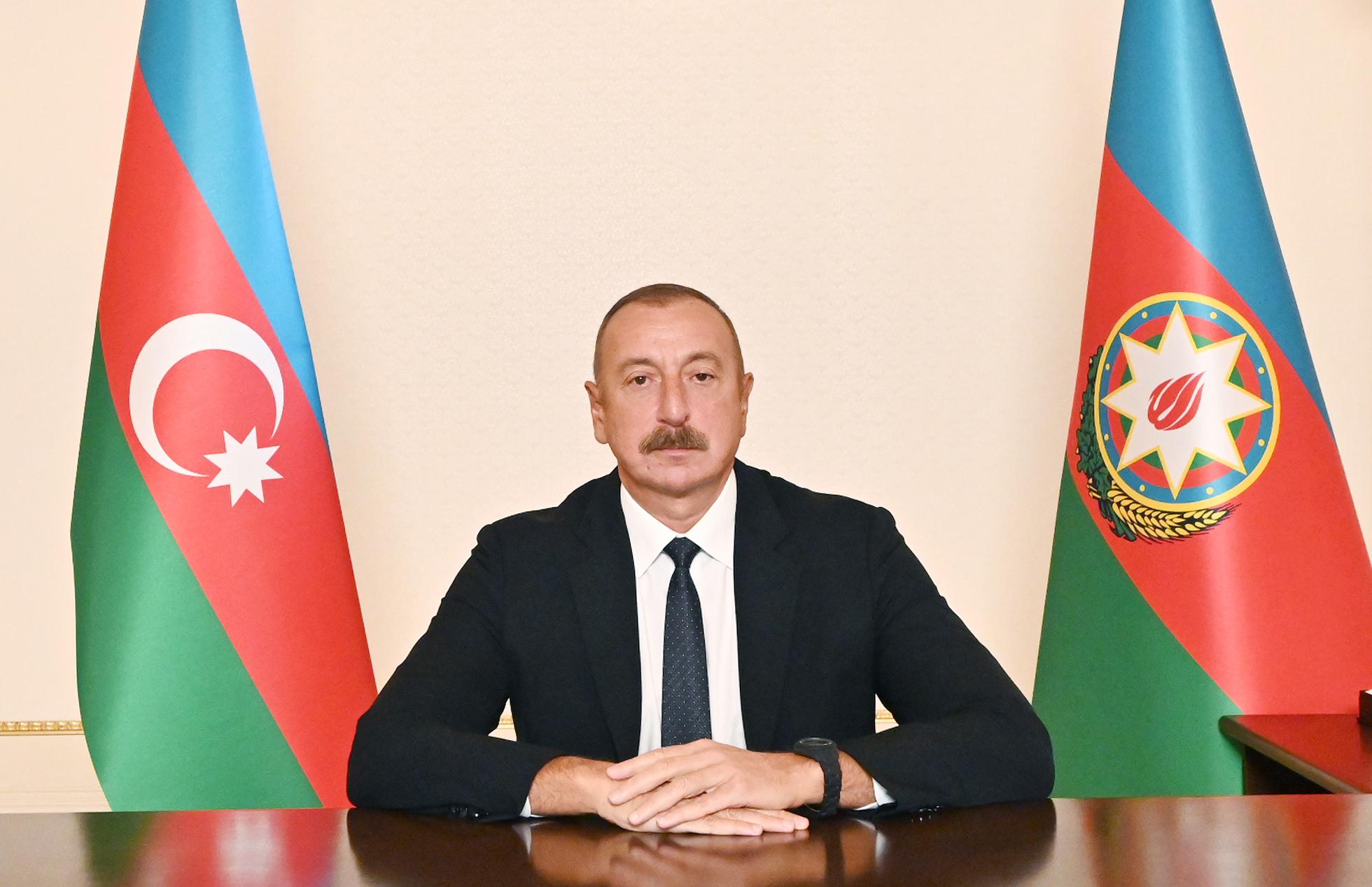
However, evaluating Scholz's New Year's speech in a similar context is impossible, even with some effort. Yes, after calling on the citizens of Germany to unite and addressing the need to tackle the country's accumulated problems through early elections in February 2025, Scholz, somewhat strangely to some, turned his attention to... social media. Specifically, he stated that the outcome of the upcoming elections on February 23 would not be decided by "social media owners," but by the German people. As he emphasized, "The results of the elections will not be influenced by those who shout the loudest, but by the majority of reasonable and decent people."
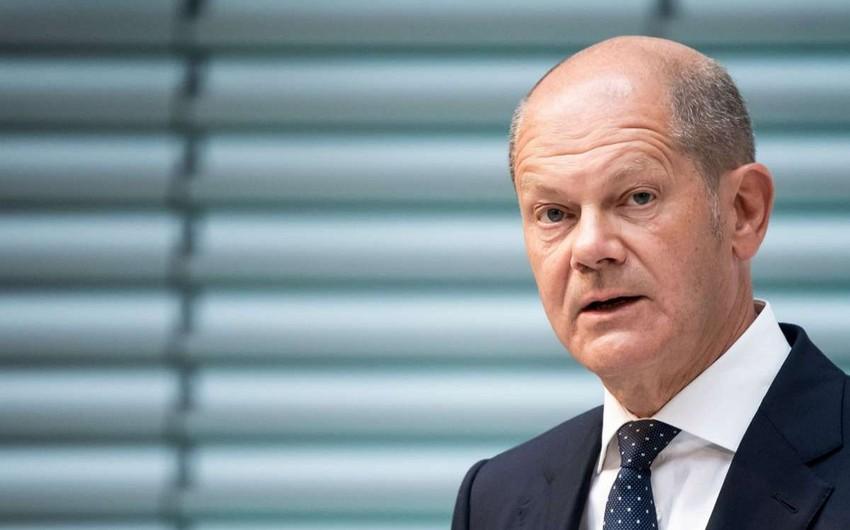
The context behind this passage from the German Chancellor is, in fact, quite clear, even though he made his comments anonymously. As is well known, shortly before Scholz made these remarks, the well-known Elon Musk, who many consider to be a close ally of Donald Trump, openly expressed his support for the opposition "Alternative for Germany" (AfD). Initially, he did so on his social media platform X, and later in an article for the German publication Welt am Sonntag. The publication was immediately labelled as "scandalous," and the editorial director of the opinion section was forced to resign. However, the editor-in-chief of the publication, Jan Philipp Burgard, in a letter responding to Musk's position, acknowledged the possibility of debate over Musk's stance. He also referred to Musk's "diagnosis" as accurate, but emphasized the "fatal flaw" in his therapeutic approach, which argued that only the AfD could save Germany.
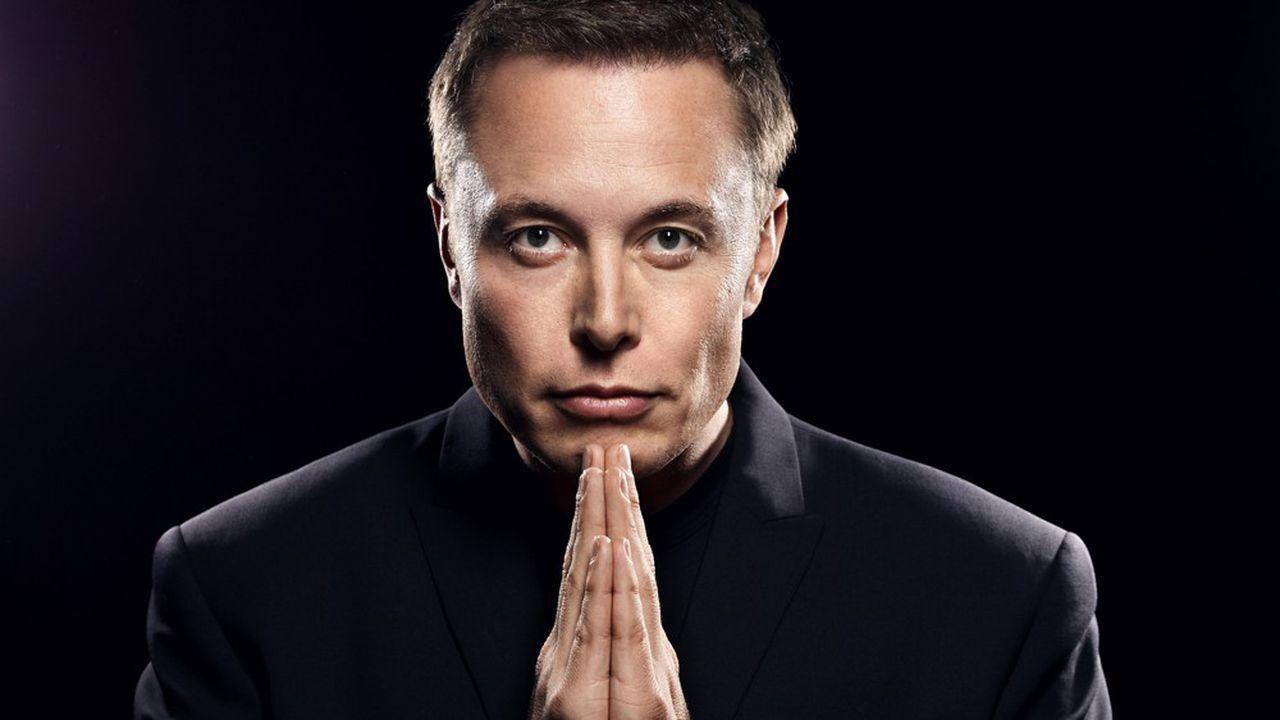
In the context under discussion, it is worth noting that Musk explained his sympathy for the AfD by his view of the party as "the last spark of hope" for Germany, which he believes is "on the brink of economic and cultural collapse." Sarcastically, he expressed disagreement with the portrayal of the AfD as an ultranationalist party, pointing out that the party's leader, Alice Weidel, has " a same-sex partner from Sri Lanka! Does that sound like Hitler to you? Please!" At the same time, Musk drew a parallel between the AfD and the companies he controls, Tesla and SpaceX, justifying this remark by stating that the party's principles on energy, economic recovery, and migration align with his own approach to management and business, which has allowed him to achieve success.
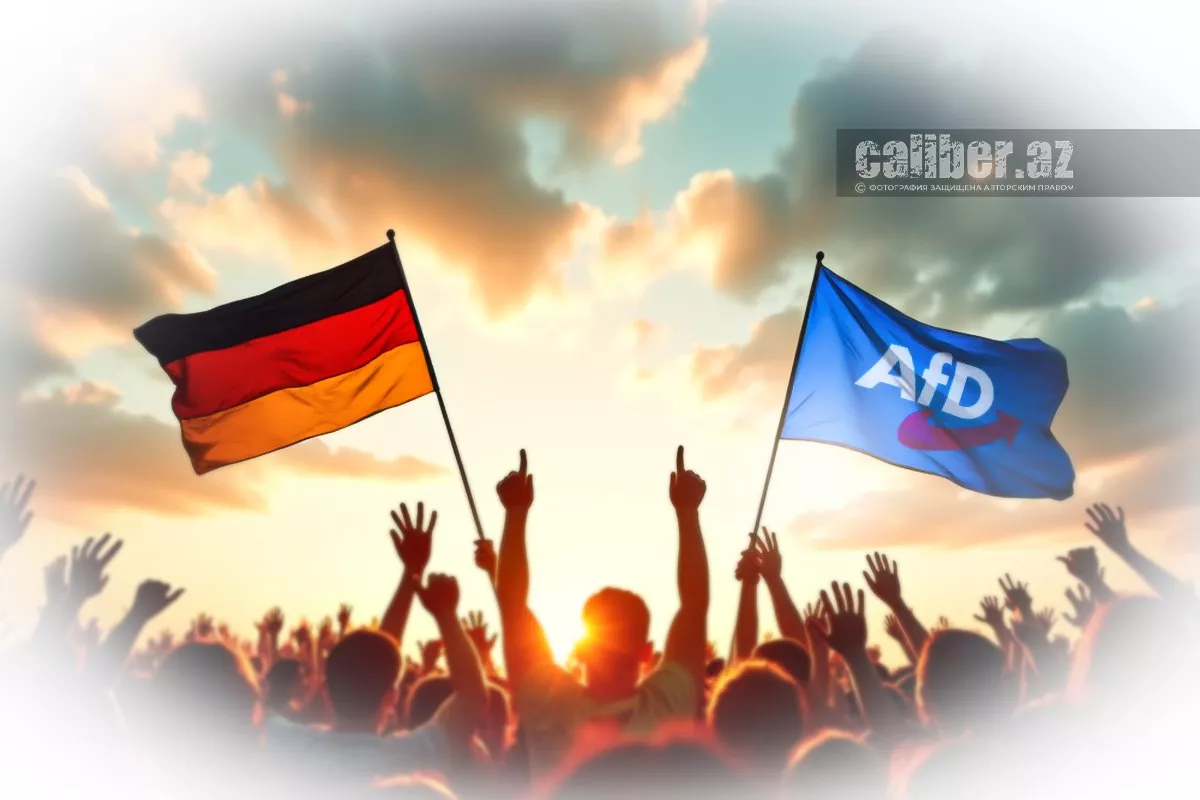
Undoubtedly, the anti-Musk stance of all the German parties that decided to participate in the upcoming February elections is entirely understandable. These parties had already declared in advance that they would refuse to form any coalition with their despised AfD, and in November of last year, over 100 members of the Bundestag signed a statement calling for the party's ban. Therefore, there is nothing spontaneous about the sharp criticism of Musk’s position from the leaders of the SPD and CDU. However, the reaction within German society to Musk’s article raised completely different questions. For instance, Die Welt journalist Franziska Zimmerer, in her open response to Musk, emphasized that "pre-election appeals without any filtering have no place in independent media."
So, one might ask, is this statement from a journalist of a supposedly authoritative European newspaper not scandalous (without any quotation marks)? What happened to the protection of freedom of speech and press independence, which is so cherished in Germany in principle, and particularly in the context of other countries? It seems that Zimmerer believes censorship in Germany is a manifestation of democracy.
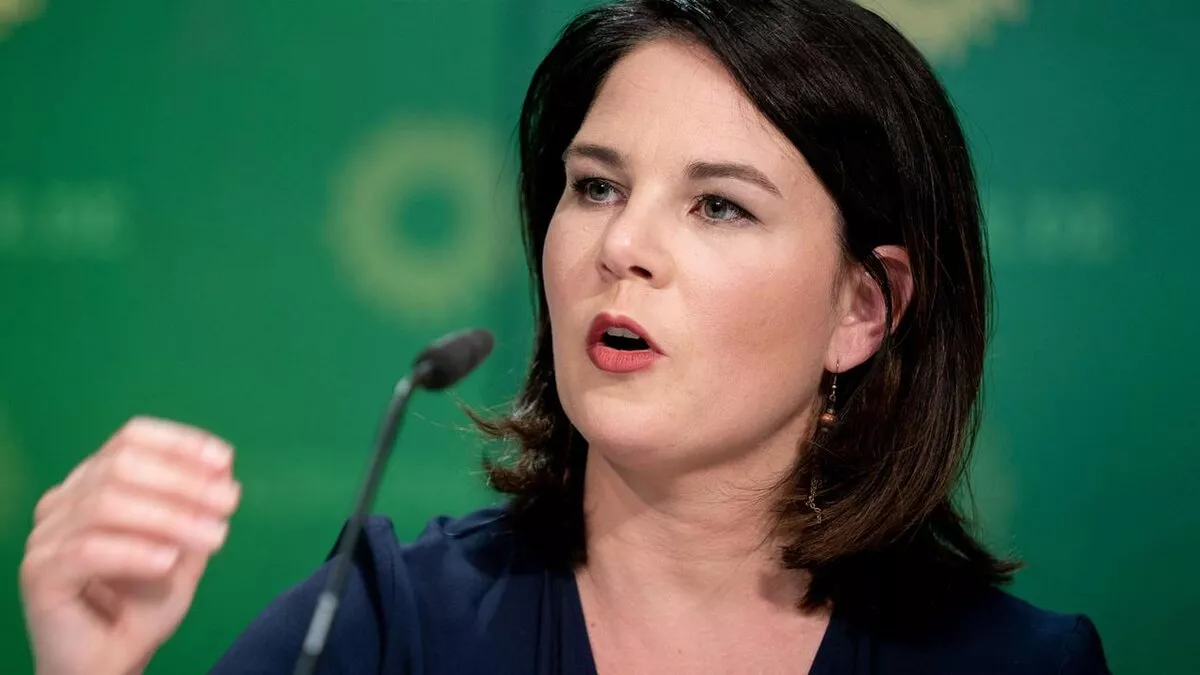
As the saying goes, the extraordinary is close at hand. This is especially true in light of certain statements made during the November 2024 speech by Germany's Foreign Minister Annalena Baerbock at COP29, where she suddenly raised the issue of "human rights compliance," calling the ban on the entry of 76 PACE members into Azerbaijan "absolutely unacceptable." The question here is not whether the decision by the Azerbaijani government was absolutely just, but rather the contradiction in allowing "filtering" of information within Germany while Berlin itself dares to intervene in the actions of an independent state—actions taken in the interests of national security and based on full adherence to international law. But do German officials care about self-criticism less than two months before parliamentary elections? Or do they consider intervention in the internal affairs of other states to be acceptable?
What also became apparent in light of Musk's sensational article was a nearly direct accusation against the United States of interfering in Germany's elections. For example, in the SPD, Musk was equated to Russian President Vladimir Putin, with claims that both shared a desire to "interfere in the electoral campaign in Germany." From within the German government's apparatus, Musk (and by extension, Trump) was accused of "encouraging voters to cast their ballots for a party that a court in Germany has classified as an organization suspected of right-wing extremism."
Thus, Germany continues to confirm the decline of its international stature. Once perceived by many around the world as a model of geopolitical leadership, Germany, like France, is gradually moving into the ranks of mid-tier powers.








